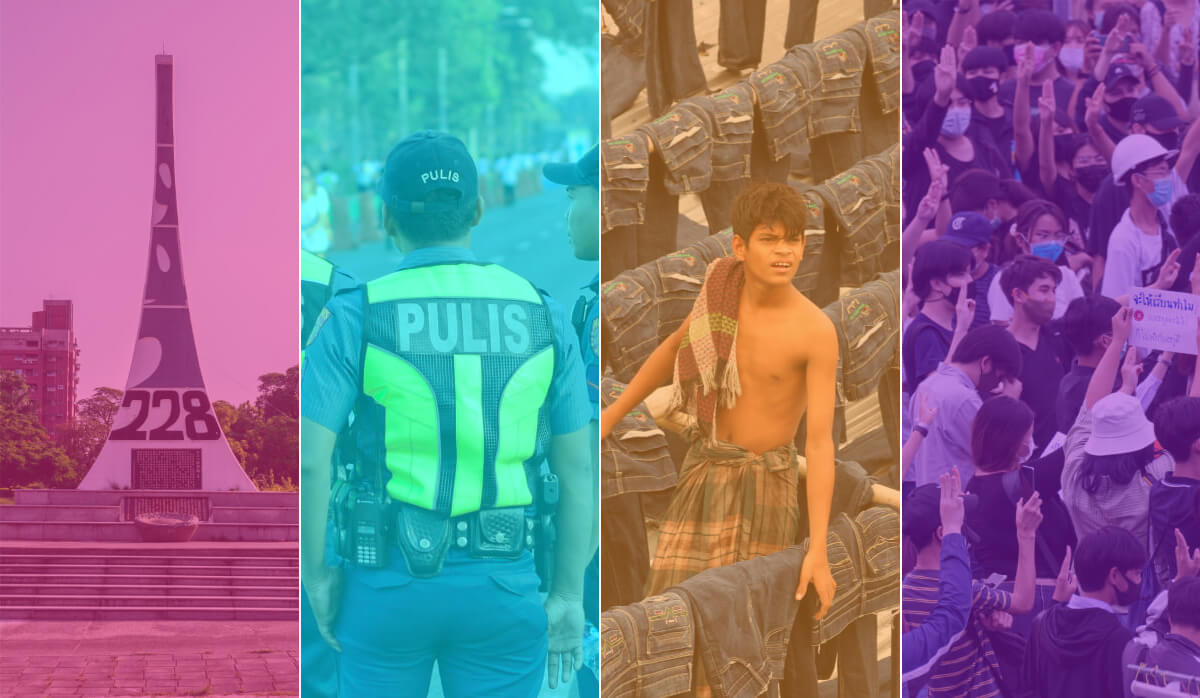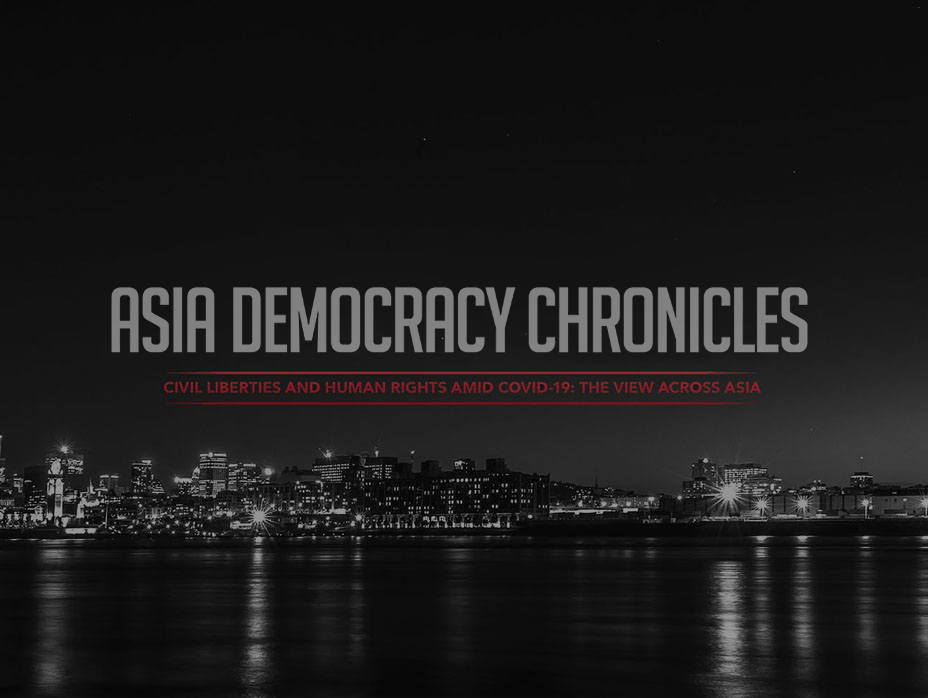|
Getting your Trinity Audio player ready...
|
NORTHEAST ASIA
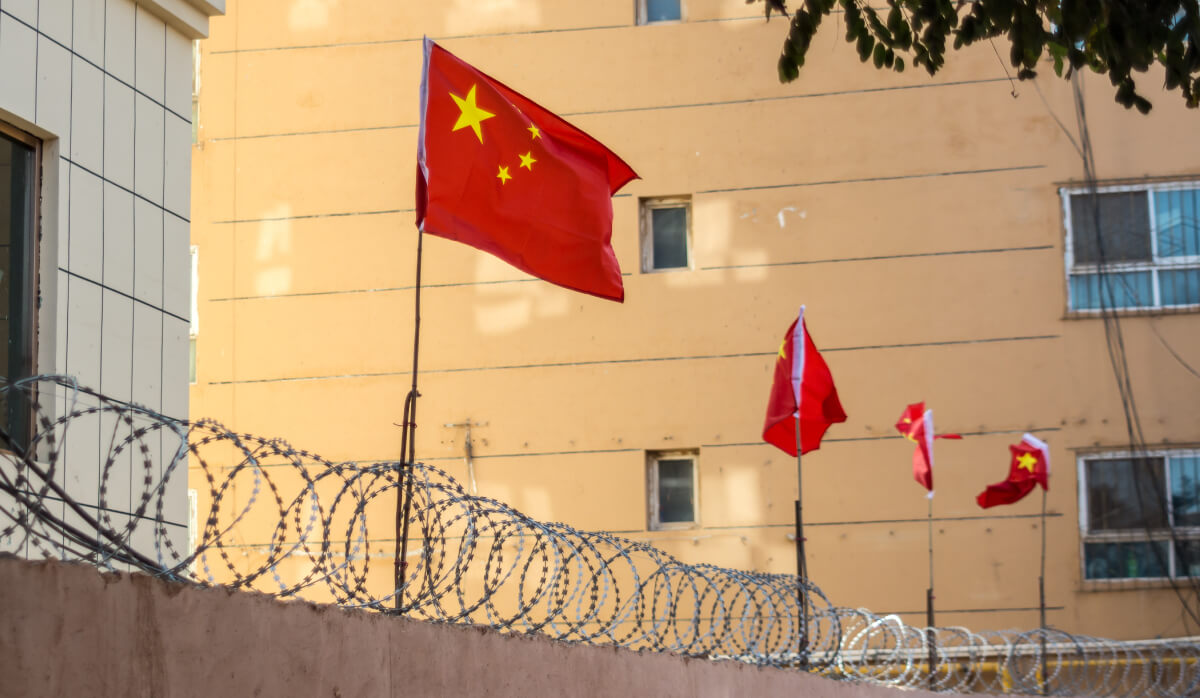
Time to halt ‘genocide tourism’
Amid calls by Uyhgurs to halt tourism travels to Xinjiang, two members of the U.S. Congress have appealed to Secretary of State Anthony Blinken urging a travel ban for U.S. citizens to the autonomous region in northwest China.
Over a million Uyghurs are believed to be held in deplorable conditions in mass internment camps in Xinjiang region.
In a letter to Blinken on March 7, Rep. Chris Smith and Sen. Jeff Merkley, co-chairs of the U.S. Congressional-Executive Commission on China (CECC), cited concerns of perpetuating and concealing atrocities committed against Uyghurs and other Turkic minorities, hence their appeal.
Smith and Merkley also asked three U.S. travel agencies – Wild Frontiers Adventure Travel Ltd. of Sparks, Nevada; Geographic Expeditions, Inc. of San Francisco, California; and Abercrombie & Kent USA LLC of Downers Grove, Illinois – to cease offering trips to the region.
Smith and Merkley warned that U.S. tours to the region could be construed as “condoning or supporting atrocities … allowing the Chinese government to cover up its genocide and crimes against humanity.”
Their actions underscore the growing international concern over the situation in Xinjiang, where “serious human rights violations” committed against Uyghurs and other Turkic Muslims potentially constituted “crimes against humanity,” according to a groundbreaking, though much delayed, report of the U.N. Human Rights Council in 2022.
Other experts have similarly denounced tours to Xinjiang as “genocide tourism,” particularly by international travel companies in North America, Europe, and Australia, amid China’s propaganda blitz in an evident attempt to whitewash its abuses in the restive region. Going on such tours is tantamount to profiteering from such abuses, said the Uyghur Human Rights Projects in a statement.
The Chinese government has announced a suite of projects across Xinjiang, including the erection of Western luxury hotels, rail routes and activity parks, amid the Uyghurs’ vanishing traditions, reported Voice of America.
Adrian Zenz, an expert of China’s policies in Xinjiang, said these travel tours were part of the CCP’s propaganda strategy to portray life in the region as normal. But “they are showing Uyghurs and Uyghur culture, but not real and free people or culture, but a hollowed out version, a mummified version, like a CCP museum,” he told RFA.
SOUTHEAST ASIA
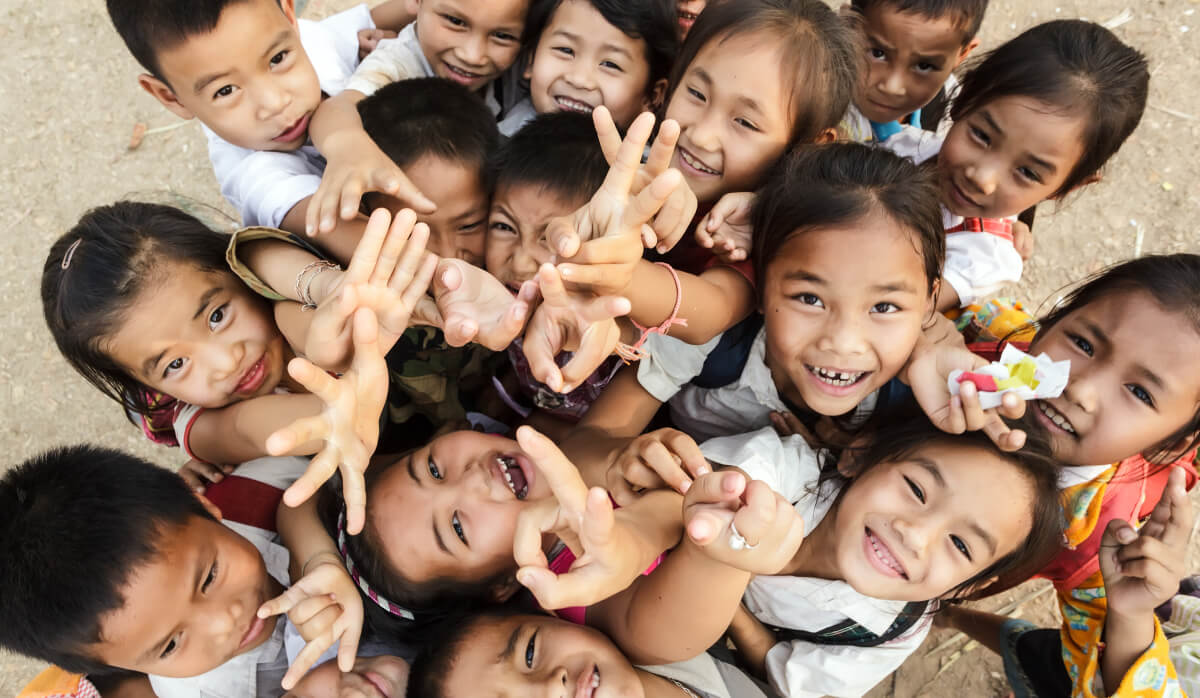
Investing in women and girls
A call to Laos to invest more in gender equality on the occasion of International Women’s Day (March 8) could not have been more timely. But such an appeal may be missing the mark without highlighting other pressing issues and bringing these to the Lao government’s attention.
In a joint statement on March 8, Lao Women’s Union Aly Vongnorbountham and U.N. Population Fund (UNFPA) representative to Laos Bakhtiyor Kadyrov underscored the need for more concrete measures – from “leadership commitment to the implementation of gender-responsive laws and policies, from investing in women’s organizations to empowering women and girls.”
Their calls come amid continuing challenges around gender equality in Laos, which recently ranked fifth in the world for women’s economic participation, according to the 2023 Global Gender Index.
But much still needs to be done to achieve true parity in the socialist country, where the women “remain largely marginalized in the political life of the LAO PDR, and the government has consistently failed to take any effective measures to address and eliminate this form of discrimination,” according to a September 2023 report by the FIDH – International Federation for Human Rights Lao Movement for Human Rights (LMHR).
This springs partly from a sorely inadequate representation of women in Laos’ government, which is tightly controlled by the Lao People’s Revolutionary Party (LPRP). As of 2023, women occupy 36 out of 164 seats in the National Assembly despite a state-sanctioned target of over 30 percent of female membership in the legislature.
In terms of income, women earn only 77 percent of men’s average monthly earnings, are often concentrated in low-skilled jobs, and burdened by unpaid care work.
More importantly, violence against women and child marriage remain major challenges, especially in rural areas where young girls are married off to relieve their families’ economic burdens.
Not surprisingly, the same 2023 gender index placed Laos 107th in the world in terms of educational attainment between men and women; 50th in health and survival, and 101st in terms of political empowerment.
“The women and girls of Laos are waiting for us to lead, invest in gender measures, and collaborate to help them achieve their aspirations. Together, let’s make their dreams of education, health, economic security, and freedom from violence and early marriage a reality,” Vongnorbountham and Kadyrov said.
“Investing in women yields far-reaching benefits for society.… Sustainable development requires equal participation of women and men in all areas, especially in leadership and decision-making roles,” they added.
SOUTH ASIA
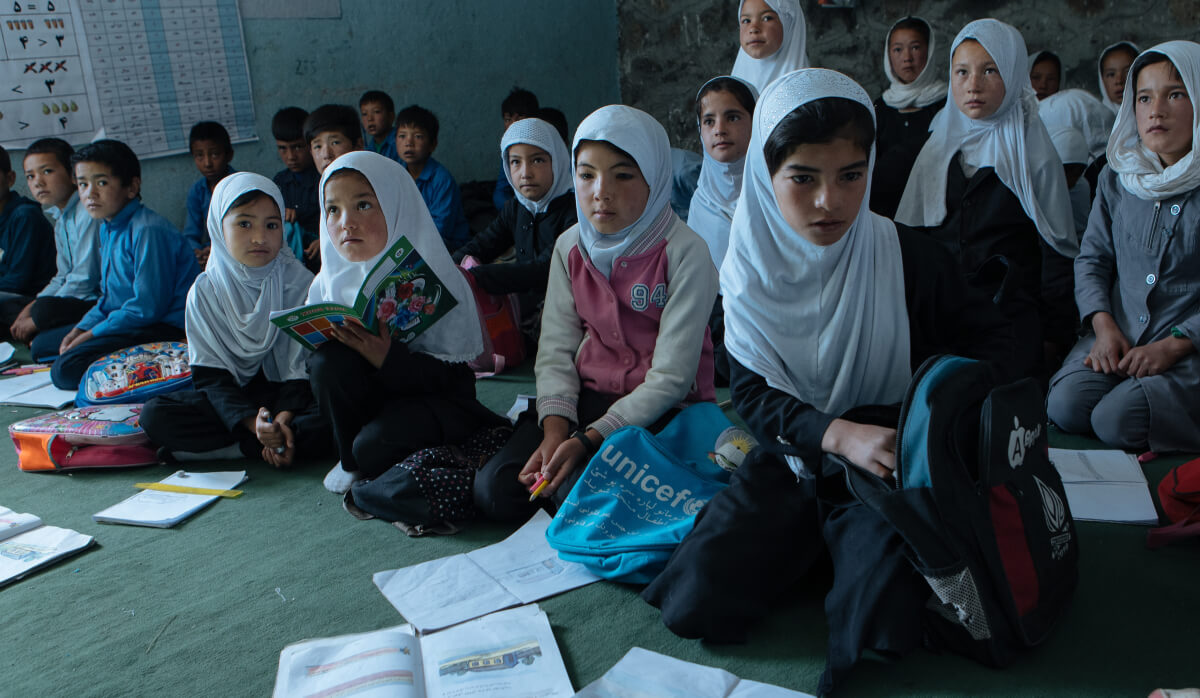
Amplifying women’s demands
Despite the Taliban’s oppressive regime pushing women out of public life in Afghanistan, the country’s women activists held demonstrations on International Women’s Day to amplify their demands for their fundamental rights: education, work opportunities, and freedom of movement.
On March 8, about 20 women staged indoor protests in Takhar and Balkh to call for “Rights, Justice and Freedom” and to “Save Afghanistan Women” in defiance of the Taliban’s draconian edicts, which have kept a tight grip on women’s education, work opportunities, and movement in public spaces ever since they retook Kabul in 2021.
“The gates of schools, universities and offices should be opened for all women,” one of the women protesters told Arab News. “It is very painful that a woman has no value in our society today.”
“Women make up half of human society as mothers, wives, sisters, daughters and teachers. The holy religion of Islam is not against women’s work and education,” another added.
Among the last publicly held women-led protests was in March 2023, when 20 women activists rallied in Kabul to call for women’s education before they were rounded up by the Taliban. Even indoor protests do not escape them, as what happened with the eight activists who had gathered in a house in August 2023 to form a protest program and then were promptly detained.
Since the Taliban took over in 2021, dozens have been detained – sometimes with their family members – languishing in abusive conditions and sometimes tortured into silence, according to Human Rights Watch.
Three years since they took power, the Taliban also have yet to make good on its promise to “respect women’s rights.” Instead, they has issued 54 edicts targeting women and girls that deny them of their basic human rights, such as attending schools or even going to coffee houses without a male custodian.
Last month, a U.N.-led high-level conference on Afghanistan was supposed to lay down a course of action for international engagement and to talk with the Taliban on vital issues such as women’s rights and girls’ educations. However, the conference did not meet its objectives mainly because the Taliban had refused to attend the conference in Doha if they were not the only official representative.
GLOBAL / REGIONAL

Ensuring more women in science
Even as Asia-Pacific increasingly looks to science, technology, engineering and mathematics (STEM) as the path forward to progress, much remains to be done to ensure the full participation of half its population – women – in the field.
A new U.N. Development Programme report has highlighted this finding and called for a more inclusive and equitable STEM landscape for women and girls by 1) ensuring that more members of this sector of society can avail themselves of STEM courses; 2) avoiding “gender bias” both in hiring and pay; and 3) nurturing women leaders and enabling environments for them.
Otherwise, the report said, the failure to address this gap would result in not only a “shortage of talent and skills (that) give rise to substantial economic consequences,” it would also lead to “biases in the design and implementation of critical technologies.”
The report, published in time for International Women’s Month, looked at the emerging issues in STEM in China, Indonesia, Malaysia, Maldives, and Thailand. They found that despite increasing enrollment of women in STEM education, their participation in the workforce remains low.
Percentage of female STEM researchers in Asia-Pacific
Source: UNESCO 2021, cited in the UNDP 2024 report
A 2020 UNESCO report found that, while girls in Asia often outperform boys in STEM disciplines, their attrition rate in both higher education and employment is high because of entrenched gender norms, cultural expectations, and gender-based pay gaps. This gender gap further widened during the COVID-19 pandemic as women took on more caregiving responsibilities than men.
This means that Asia-Pacific countries often miss out on the sizable economic boosts that women’s participation in high-productivity sectors bring. For example, a McKinsey Global Institute report in 2018 estimates that advancing parity could add US$4.5 trillion to the Asia-Pacific countries.
These play into the persistence of gender inequality in Asia. The recent Global Gender Index report found at the current parity rates that East Asia and the Pacific (68.8 percent) and Southern Asia (63.4 percent) have, it would take 167 years for the region to reach gender parity.
A 2021 Asia Foundation report suggested that Asia-Pacific countries nurture “women’s networks” – that is, nonprofit networks, internal corporate networks, or formal management networks – where young women can have safe spaces and mentorship to advance in their STEM careers.










